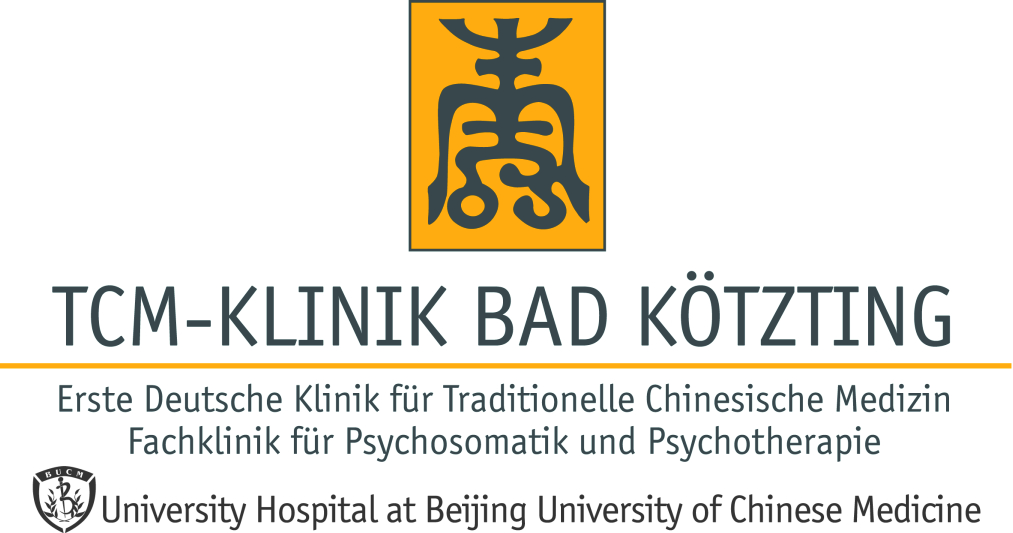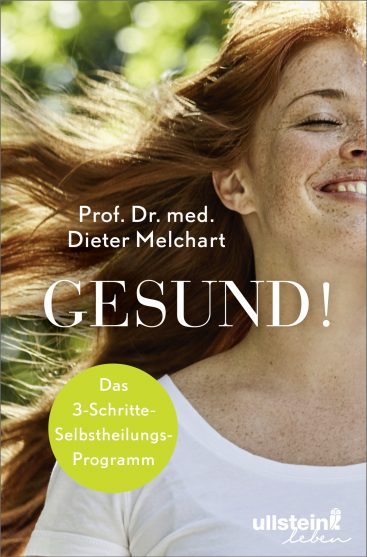
Indications
Not infrequently, our patients suffer from their chronic basic illnesses and physical complaints as well from the associated psycho-emotional stress. We know about these relationships and can make useful offers for a variety of clinical pictures and questions.
According to the core competence of the clinic, the treatment concept is particularly suitable for mental illnesses with physical symptoms in the foreground, in particular from the area F45 and from areas of F51 and F54 according to ICD 10. In addition, the spectrum of indications of the clinic include mental illnesses, especially F32, F33, F40, F41 and F43.2 that occur in connection with physical illnesses. The following is a list of the indications that are often treated or treated in the TCM Klinik Bad Kötzting depending on their characteristics.
Mental illness
• Depressions
• Anxiety disorders
• Adjustment disorders
• Somatoform pain disorders
• Burnout
Nerve disorders
• Seizure of vertigo with nausea and vomiting (Meniere’s disease)
• States of exhaustion, sleep disorders (neurovegetative disorders)
• Facial nerve palsy (facial palsy)
• Nerve pain (general and peripheral neuropathies)
Functional pain conditions
• Facial muscle pain (myofacial pain syndrome)
• Facial nerve neuralgia (trigeminal neuralgia)
• Acute shingles (acute herpes zoster)
• Persistent pain after shingles (post-zoster neuralgia)
• Sciatica pain (sciatica)
• TMJ pain (TMJ discopathy)
• Headache (e.g. migraine, tension headache)
• Phantom and stump pain after amputation
• Intercostal neuralgia (intercostal neuralgia)
Diseases of the musculoskeletal system
• Achilles tendon pain (Achillodynia)
• Intervertebral disc damage
• Inflammation of the joints (arthritis)
• Inflammatory rheumatoid arthritis (chronic polyarthritis and related forms)
• Lumbago
• Hip pain (coxalgia)
• Knee pain (gonalgia)
• Bechterew’s disease (ankylosing spondylitis) in the early stages
• General muscle pain
• Joint pain in psoriasis (psoriatic arthropathy)
• Shoulder-arm syndrome, tennis elbow (tendinopathies)
• Soft tissue rheumatism (myalgia)
• Spine syndromes
Respiratory diseases
• Bronchial asthma
• Acute and chronic airway inflammation (acute and chronic bronchitis)
• Chronic allergic hay fever (chronic allergic rhinitis)
• Acute and chronic nasal sinus inflammation (acute and chronic sinusitis)
Cardiovascular disease
• Low blood pressure (arterial hypotension)
• Functional heart problems (e.g. racing heart)
• Coronary artery disorders
• Mild forms of heart failure (grade I and II heart failure)
Gastrointestinal disorders
• Irritable bowel (irritable colon)
• Inflammatory bowel diseases (e.g. Crohn’s disease, ulcerative colitis)
• Diarrhea, non-bacterial cause
• Liver and biliary disorders
• Acute and chronic inflammation of the stomach (acute and chronic gastritis)
Skin diseases
• Eczema
• Chronic hives (urticaria)
• Itching (eczema)
• Lymphedema
Hormonal diseases
• Menopausal disorders (climacteric syndrome)
• Overactive thyroid (hyperthyroidism)
Other areas of application
• Chronic recurrent colds (chronic recurrent infections)
• Inflammation of the mouth (stomatids)
• Chronic fatigue syndromes
• Allergies
The list is for guidance. If there are complaints or illnesses not listed, we recommend that you make an individual request. Not every patient with a listed complaint can be treated promisingly. Possible treatment success depends on various factors, e.g. Constitution, age, previous medication, etc.
The responsible doctors decide on inpatient admission to the clinic after reviewing the submitted preliminary findings and describing the patient’s symptoms in the patient questionnaire.


